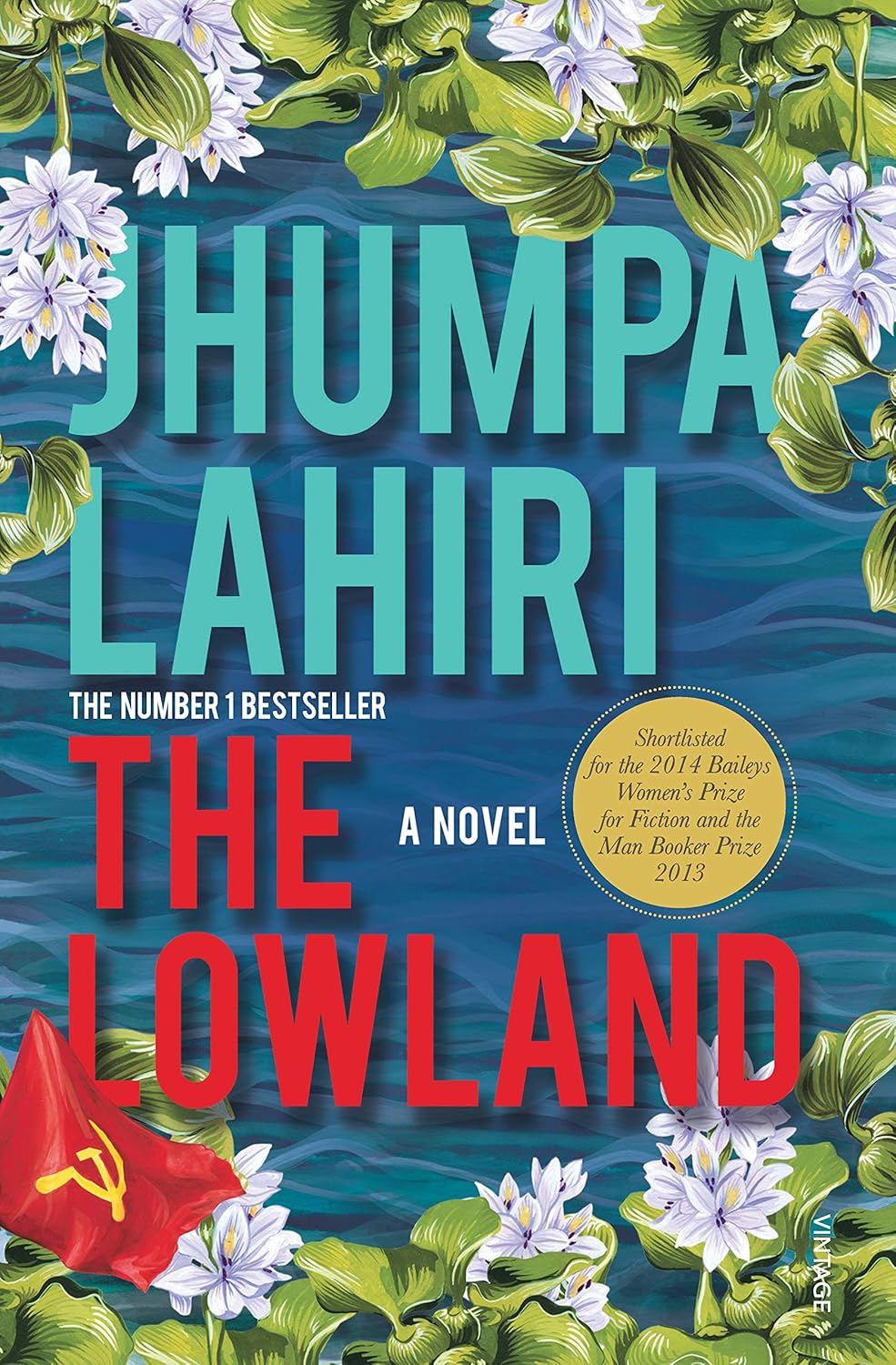Blurb:
Born just fifteen months apart, Subhash and Udayan Mitra are inseparable brothers, one often mistaken for the other in the Calcutta neighborhood where they grow up. But they are also opposites, with gravely different futures ahead. It is the 1960s, and Udayan—charismatic and impulsive—finds himself drawn to the Naxalite movement, a rebellion waged to eradicate inequity and poverty; he will give everything, risk all, for what he believes. Subhash, the dutiful son, does not share his brother’s political passion; he leaves home to pursue a life of scientific research in a quiet, coastal corner of America.
But when Subhash learns what happened to his brother in the lowland outside their family’s home, he goes back to India, hoping to pick up the pieces of a shattered family, and to heal the wounds Udayan left behind—including those seared in the heart of his brother’s wife.
Masterly suspenseful, sweeping, piercingly intimate, The Lowland is a work of great beauty and complex emotion; an engrossing family saga and a story steeped in history that spans generations and geographies with seamless authenticity. It is Jhumpa Lahiri at the height of her considerable powers.
My Review:
Jhumpa Lahiri’s “The Lowland” is an evocative tale of family, loss, and identity, set against the backdrop of a politically volatile 1960s Calcutta and later, the quiet landscapes of America. At its core, it is a story about two brothers, Subhash and Udayan Mitra, whose diverging paths shape the fate of their family in profound and irreversible ways.
Lahiri masterfully captures the bond between the brothers, painting them as opposites—Udayan’s fiery passion for the Naxalite movement contrasting sharply with Subhash’s measured, academic pursuit in the United States. The turning point of the novel, however, is Udayan’s tragic involvement in the rebellion and its aftermath, which ripples across generations.
The narrative’s strength lies in its deeply layered characters. Gauri, Udayan’s widow, emerges as a complex and enigmatic figure. Her choices, born of grief and self-preservation, become pivotal to the unfolding events, impacting not just Subhash but also her daughter, Bela. Lahiri explores their emotions with piercing sensitivity, offering no easy answers but an unflinching portrayal of human frailty.
Lahiri’s prose is poetic, immersing readers in vivid descriptions of the lowland, the Mitra household, and the stark contrasts of Indian and American life. The simplicity of the plot is deceptive, as the story weaves seamlessly between past and present, revealing the invisible threads binding the characters.
What stands out is Lahiri’s ability to evoke empathy for even the most flawed characters. The reader feels the sense of being a silent observer in the Mitra family’s triumphs and tragedies, almost like a ghost.
In “The Lowland”, Lahiri delivers a profoundly moving saga that lingers long after the last page. It’s a must-read for those who cherish stories that delve into the intricacies of human relationships and the impact of unspoken histories.

